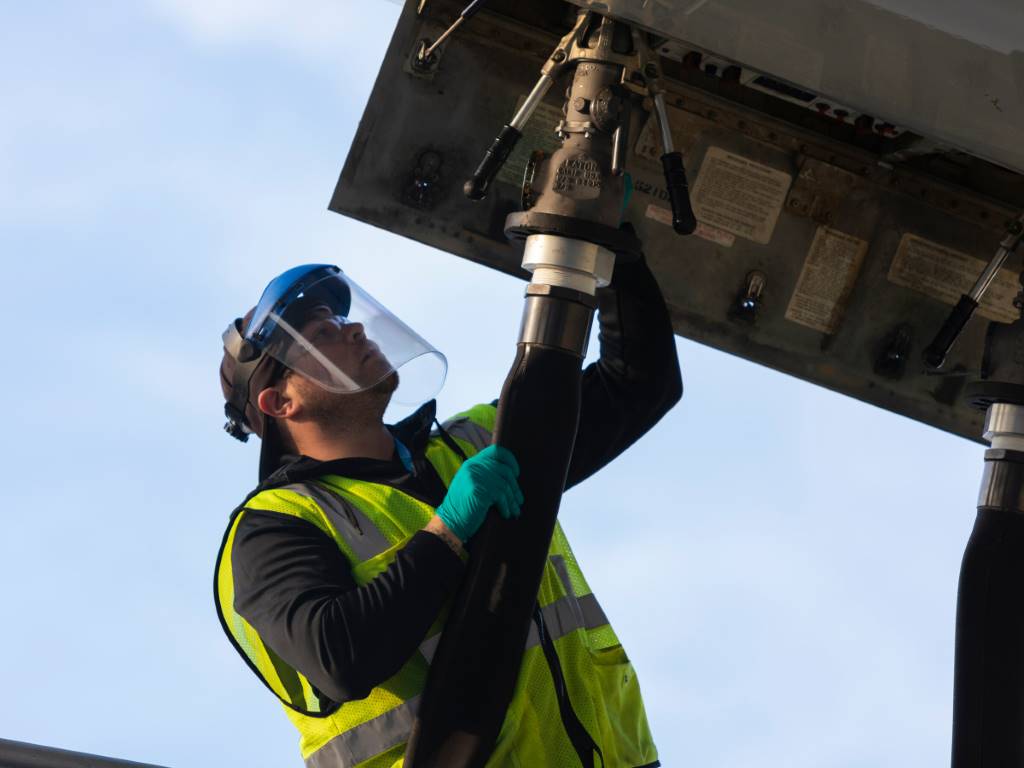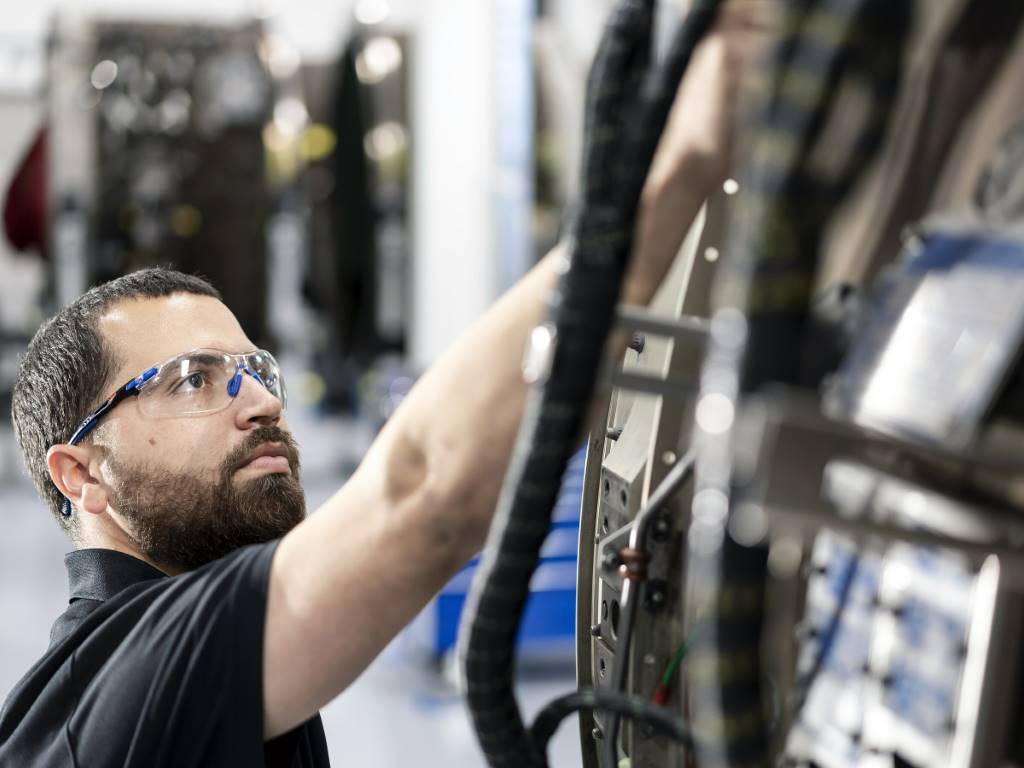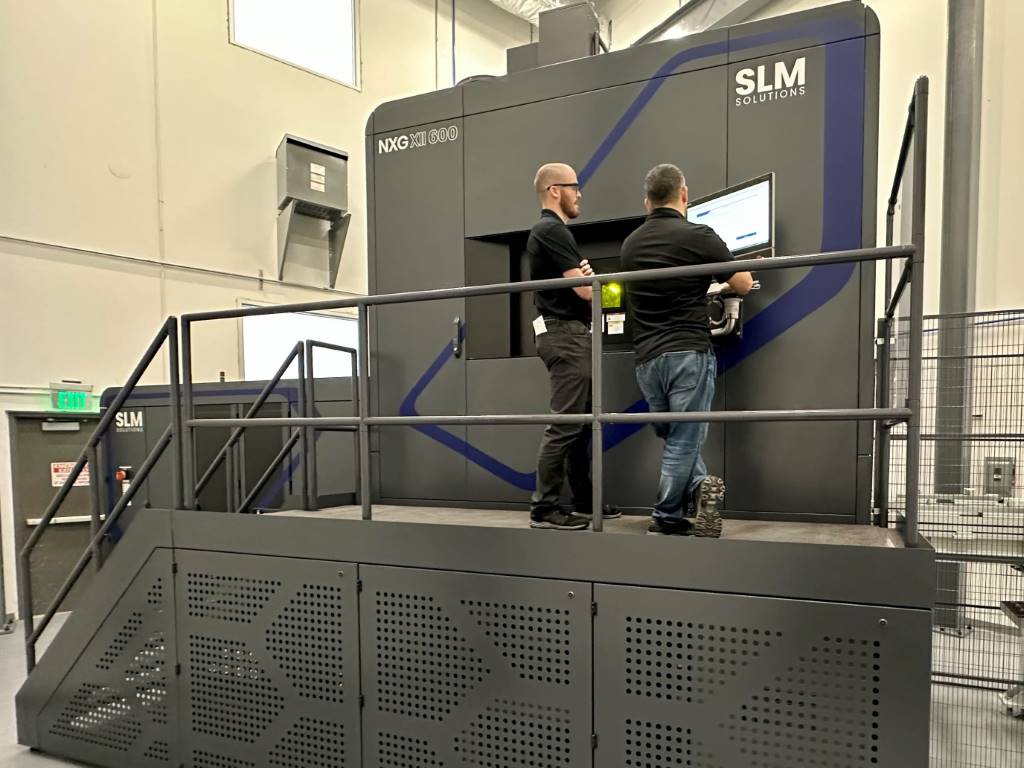CT investigates additive manufacturing processes for large aeronautical components

The research Project FADO develops an additive manufacturing technique that uses a laser application and is capable of reducing the amount of material required to manufacture components by 30%.
The robotised cell that performs the additive manufacturing process can handle any geometrical form by making the addition with steady feed of material from a coil of aluminium wire. What’s more, it welds the material as it is added to the component. The robotised cell has a hybrid thread-powder head that allows it to be used in response to the geometrical needs of the component. This process is usually focused on the manufacturing of large dimension aeronautical elements, located in the fuselage and belly fairing of an airplane. Manufacturing of the element is completed with machining.
This project required calculations using finite elements (FEM) and numerical control techniques to automate the robotic cell of additive manufacturing. For two years, three members of the consortium (The CT Engineering Group, AIMEN and the University of La Coruña) have analysed the particularities of the process to parameterise it and correlate the results with experimental data. Now it is finally possible to digitally model processes that until now were done manually.
These results open a window of opportunity to improve the production process and, in addition, reduce the amount of materials needed, the amount of waste produced, and the energy consumed in the process. This project is thereby aligned with one of the objectives of the aeronautical industry: to make industrial processes more environmentally friendly.
The FADO project consists of a consortium, led by CT, with the participation of the technological centre AIMEN; The Galician companies Hydracorte, Syspro and Unimate; The Andalusian Airgrup; and the University of La Coruña (UDC) as a research center.
The development of advanced techniques for additive manufacturing is one of the objectives of the European Union’s plan, "Horizon 2020". This project is supported by the Center for Industrial Technological Development (CDTI) with the funding of FEDER, and is supported by the Ministry of Economy and Competitiveness within the FEDER INNTERCONECTA Program of 2015.
www.thectengineeringgroup.com












